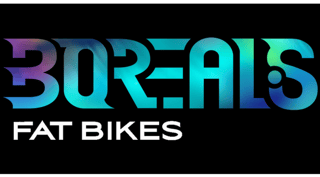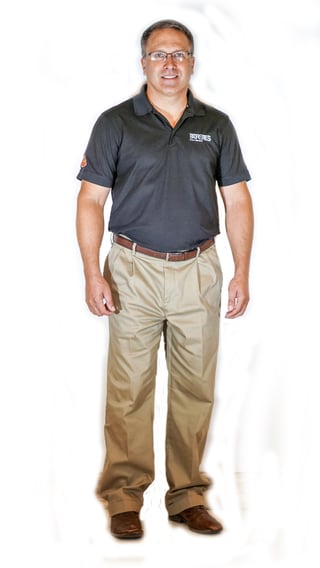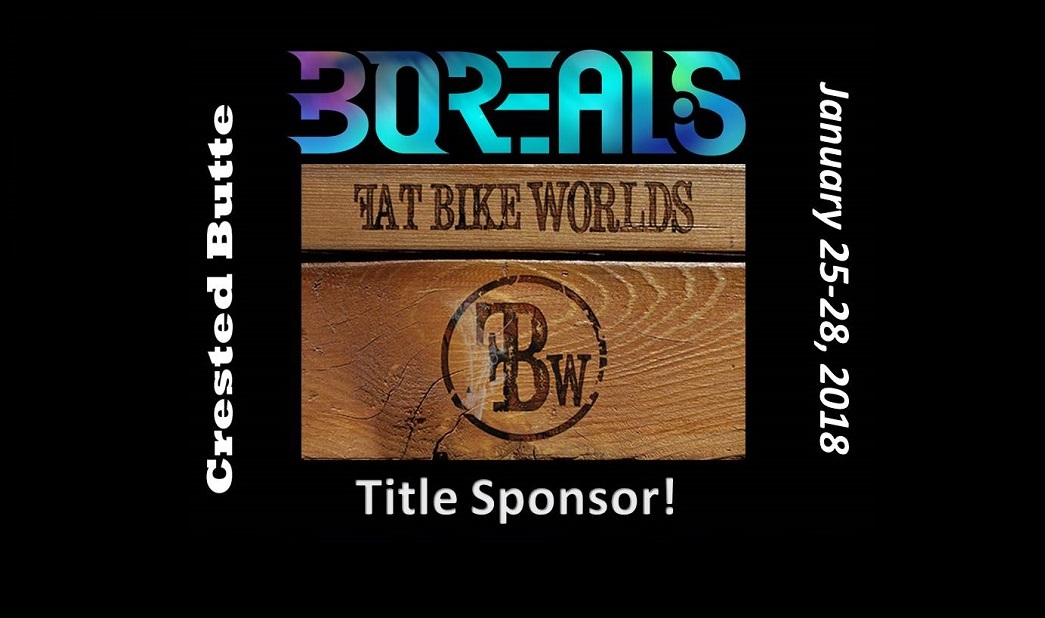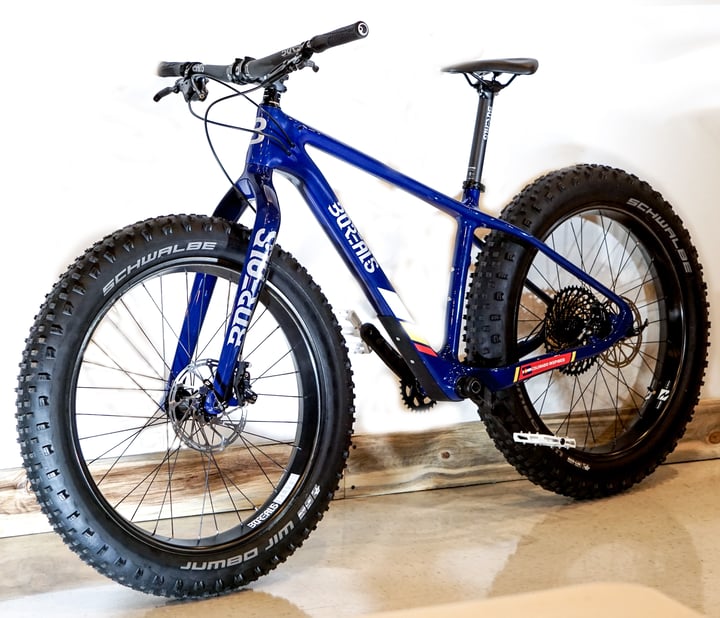Inside the Outdoors with Steve Kaczmarek, Borealis Fat Tire Bike - Video Interview

In this episode of our Inside the Outdoors, I interview Steve Kaczmarek, Founder and CEO of Fat Bike, LLC, maker of the Borealis brand of fat bikes.
Steve formed Borealis Fat Bikes in 2013 by utilizing his track record of successful start-ups to implement operational procedures that drove the Colorado Springs-based company through exponential growth during the first two years.

As Steve explained, fat bikes have revolutionized the ability of cyclists to get outdoors in the winter. When the snow falls, cyclists no longer have to swap their bike rides outdoors for indoor trainers or spin studios. Fat bikes have tires between 4 and 5 inches wide. This allows bikers to run on super low tire pressure. Lower tire pressure, wider tires allow a much higher level of traction, making it easier to ride on snow.
Fat bike riding requires you to engage your core muscles more than when riding a normal bike and we all know how important core power development is for maintaining our health. Even with wider tires and lower pressures, the snow presents a more slippery surface creating increased balance challenges which require a strong core to maintain balance. A stronger core helps you make smoother and more efficient pedal turns.

1. Their product line-up expanded a ton this year
Maintaining its rapid upward growth trajectory, Borealis has added two new bikes and a high-end carbon fiber fat bike wheel to its product line-up. The Crestone is the company’s self-proclaimed “state-of-the-art” carbon fiber fat bike frame aimed at giving riders the best possible riding experience thanks to fun-inspired geometry tweaks and lower overall weight. Borealis says it challenged staffers to utilize an entirely new computer generated design process, which helped reduce waste in manufacturing along with reduction of the frame’s heft.
2. Quality control is extensive
3. They sell a lot of wheels
Judging by the stacks and stacks of rims, fat bike wheels are a significant portion of the Borealis business plan. Indeed, the Fat Bike Company sells both house brand carbon and alloy wheels, along with HED’s high-end Big Deal wheelset. Good wheels, of course, are integral to the fat biking experience, both providing adequate width to allow these wide tires to realize full traction enhancing girth, and keeping weight down. The difference between a carbon wheel set up tubeless and a budget alloy rim plus tube is huge. Tubes alone can weigh a pound apiece.
For a full recap of additional write-ups about the Borealis brand, see the MTBR article and the article in Competitive Cyclist.



